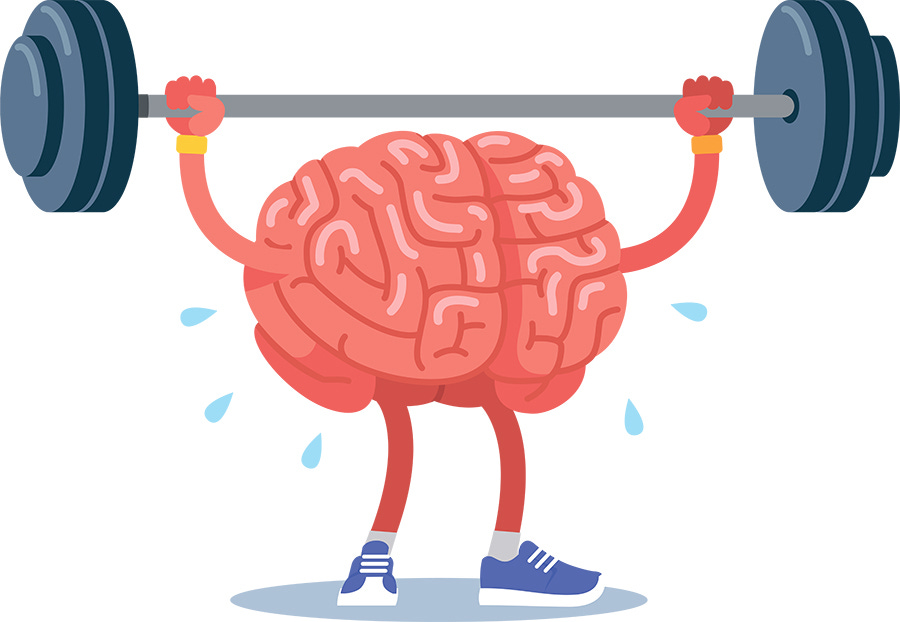How Exercise Affects Brain Health
Written by Azzy Xiang
Exercise is often touted for its physical benefits, but its impact on brain health is equally significant. In recent years, research has uncovered the insane ways in which regular physical activity contributes to cognitive function, mental health, and overall brain health.
The Science Behind Exercise and the Brain
Increased Blood Flow: Exercise enhances blood flow to the brain, delivering essential nutrients and oxygen. This increased circulation promotes the growth of new neurons, a process known as neurogenesis, particularly in the hippocampus, an area critical for memory and learning.
Neurotransmitter Regulation: Physical activity stimulates the release of neurotransmitters like serotonin, dopamine, and norepinephrine, which play key roles in mood regulation and cognitive function. This release helps alleviate symptoms of anxiety and depression.
Stress Reduction: Exercise acts as a natural stress reliever. During physical activity, the body releases endorphins, chemicals that reduce pain perception and promote a sense of well-being. This can help mitigate the impact of stress on the brain, leading to improved mental resilience.
Cognitive Benefits of Regular Exercise
Improved Memory and Learning: Studies show that regular exercise is associated with enhanced memory and learning capabilities. The increase in brain-derived neurotrophic factor (BDNF), a protein that supports neuron health, plays a crucial role in these cognitive improvements.
Enhanced Focus and Concentration: Exercise has been linked to improved attention and concentration. Physical activity helps clear the mind and can enhance cognitive performance, making it easier to focus on tasks.
Reduced Risk of Cognitive Decline: Engaging in regular physical activity is associated with a lower risk of cognitive decline and neurodegenerative diseases like Alzheimer's. The protective effects of exercise on brain health highlight its potential as a preventative measure against cognitive impairment.
Practical Recommendations
To harness the brain-boosting benefits of exercise, consider the following tips.
Find Activities You Enjoy: Whether it's dancing, swimming, hiking, or yoga, engaging in activities you love increases the likelihood of sticking to a routine.
Aim for Consistency: Regularity is key. Aim for at least 150 minutes of moderate-intensity exercise per week, spread across several days.
Incorporate Variety: Mixing different types of exercise—such as aerobic, strength training, and flexibility exercises—can provide comprehensive benefits for both body and brain.
The link between exercise and brain health is undeniable. Regular physical activity not only supports cognitive function but also enhances mental well-being.
Written by Azzy Xiang from MEDILOQUY


